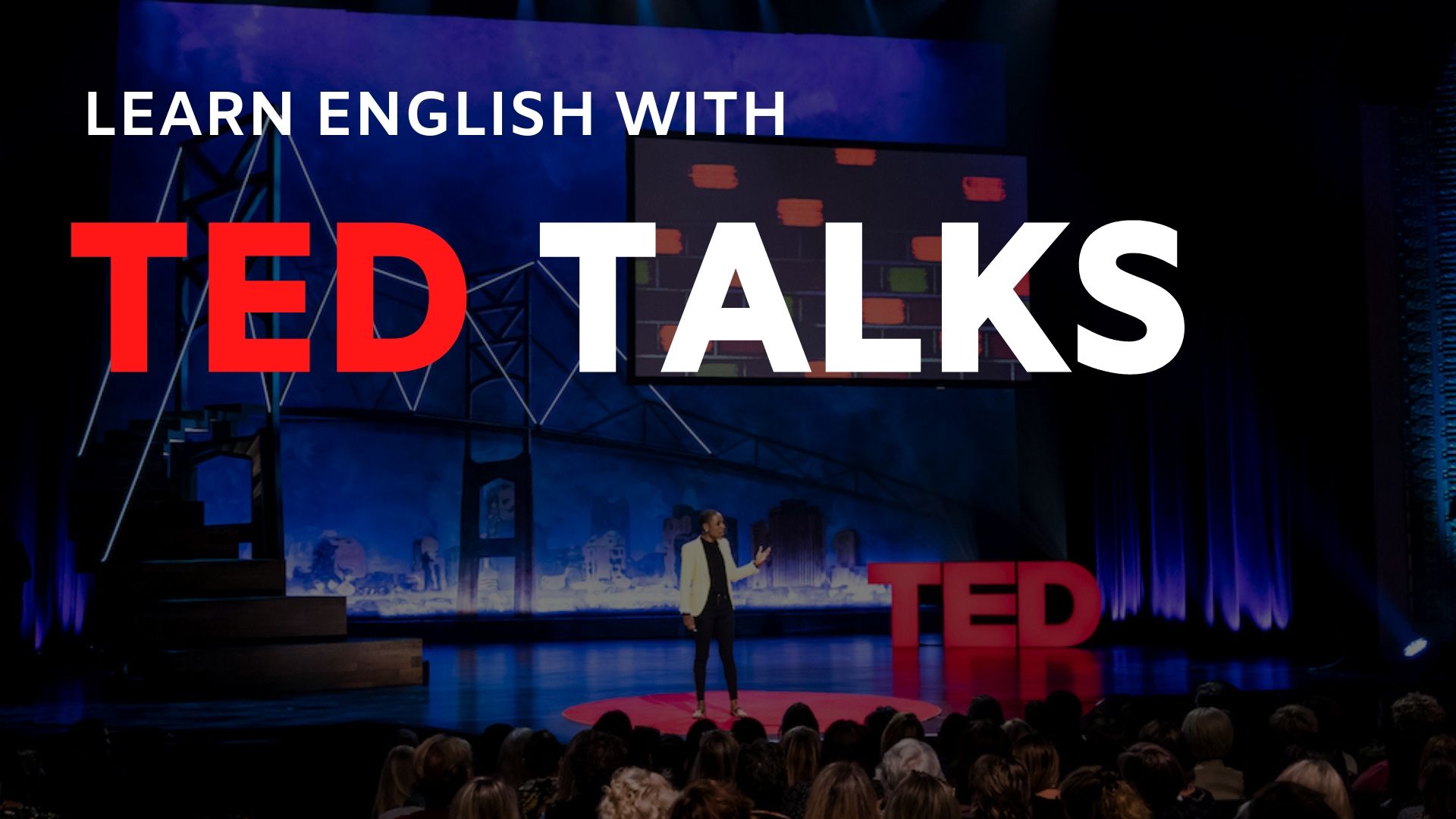Mỗi chúng ta đều dành ít nhất 12 năm đến trường, có thể nói việc học hành đóng vai trò rất lớn và quan trọng trong cuộc đời mỗi người. Nhưng bạn có bao giờ tự hỏi tên các môn học đó trong tiếng Anh là gì không? (augustafreepress.com) Hãy cùng chúng mình mở rộng thêm vốn từ vựng tiếng Anh về các môn học nhé. Biết thêm cách gọi của những môn học này sẽ vừa giúp bạn giao tiếp tốt hơn, vừa thuận tiện trong việc tra cứu tài liệu đấy.
Hướng dẫn học từ vựng tiếng Anh về các môn học cùng eJOY
- Trước tiên bạn cần cài eJOY eXtension cho trình duyệt Chrome
- Bôi đen từ vựng ở trong câu để tra từ và bấm vào nút “Add” từ

- eJOY eXtension sẽ giúp bạn lưu lại từ mới trong ngữ cảnh của cả câu chứ không chỉ lưu mỗi từ vựng đó.
- Không chỉ thế, eJOY sẽ nhắc bạn ôn tập từ vựng mới hàng ngày với những trò chơi thú vị.
Xem thêm
- Cách Học Từ Vựng Tiếng Anh – Hướng Dẫn Từ A-Z?
- Cách Học Nhớ Lâu 36 Từ Vựng Tiếng Anh về Quần Áo Quen Thuộc
- Từ Vựng Tiếng Anh qua 26 Loại Trái Cây Phổ Biến
Chủ đề 1 – Các môn khoa học tự nhiên
 |
Science noun
/’saiəns/ The intellectual and practical activity encompassing the systematic study of the structure and behaviour of the physical and natural world through observation and experiment. khoa học Ví dụ: Science is an integral part of life. (Khoa học là một phần tất yếu của cuộc sống.) |
 |
Mathematics noun
/,mæθə’mætiks/ The abstract science of number, quantity, and space, either as abstract concepts (pure mathematics), or as applied to other disciplines such as physics and engineering (applied mathematics) toán học hay viết tắt thành math Ví dụ: I’m rather bad at math. (Tôi học khá kém toán.) |
 |
Physics noun
/’fiziks/ The branch of science concerned with the nature and properties of matter and energy. vật lý Ví dụ: One of the first lessons of physics is always measuring. (Một trong những bài học đầu tiên trong môn vật lý luôn là đo lường.) |
 |
Chemistry noun
/’kemistri/ The branch of science concerned with the substances of which matter is composed, the investigation of their properties and reactions, and the use of such reactions to form new substances. hóa học Ví dụ: We get to carry out some experiments during chemistry class. (Bọn em được làm thí nghiệm trong giờ hóa.) |
 |
Biology noun
/bai’ɒlədʒi/ The study of living organisms. sinh vật học Ví dụ: Through biology, we know that human beings account for a tiny fraction in the animal kingdom. (Học sinh học, ta mới biết loài người chỉ là một phần nhỏ trong giới động vật.) |
 |
Astronomy noun
/əs’trɔnəmi/ The branch of science which deals with celestial objects, space, and the physical universe as a whole. thiên văn học tránh để bị nhầm lẫn với astrology – chiêm tinh thuật (horoscope,…) Ví dụ: We can learn the formation and death of stars in astronomy. (Chúng ta được học về sự hình thành cũng như cái chết của các vì sao trong môn thiên văn.) |
 |
Algebra noun
/’ældʒibrə/ The part of mathematics in which letters and other general symbols are used to represent numbers and quantities in formulae and equations. đại số Ví dụ: They put letters into problems of algebra, as if numbers alone aren’t hard enough. (Bài toán đại số có thêm cả chữ cái, như thể số không thôi chưa đủ khó.) |
 |
Geometry noun
/dʒi’ɔmitri/ The branch of mathematics concerned with the properties and relations of points, lines, surfaces, solids, and higher dimensional analogues. hình học Ví dụ: Basic geometry starts with getting familiar with shapes. (Hình học cơ bản bắt đầu từ làm quen với các khối hình.) |
 |
Calculus noun
/’kælkjʊləs/ The branch of mathematics that deals with the finding and properties of derivatives and integrals of functions. giải tích Ví dụ: Two main branches of calculus are differentiation and integration. (Hai nhánh chính của giải tích là đạo hàm và tích phân.) |
Bạn có thể xem video dưới đây để ôn lại một số từ trên nhé
Chủ đề 2 – Các môn khoa học xã hội (tới trình độ THPT)
 |
Literature noun
/’litrət∫ə[r]/ Written works, especially those considered of superior or lasting artistic merit. văn học, ngữ văn Ví dụ: Yasunari Kawabata, Mori Ogai, Yukio Mishima, Natsume Soseki,… are major figures of Japanese literature. (Yasunari Kawabata, Mori Ogai, Yukio Mishima, Natsume Soseki,… là những tượng đài của văn học Nhật Bản.) |
 |
History noun
/’histri/ The study of past events, particularly in human affairs. lịch sử Ví dụ: Studying history, we see that the 20th century was really tumultuous. (Học lịch sử, ta thấy thế kỷ 20 đầy biến động.) |
 |
Geography noun
/dʒi’ɒgrəfi/ The study of the physical features of the earth and its atmosphere, and of human activity as it affects and is affected by these. địa lý Ví dụ: One of Russia’s geography problem is that she has so little contact with warm waters. (Một trong những vấn đề địa lý của nước Nga là nước này không tiếp xúc nhiều với vùng biển ấm.) |
 |
Ethics noun
/’eθiks/ The branch of knowledge that deals with moral principles. đạo đức, luân lý học Ví dụ: I doubt that studying ethics under this system, we actually understand true virtues and vices. (Tôi ngờ rằng học đạo đức trong hệ thống này giúp ta hiểu phẩm hạnh và suy đồi thực sự.) |
 |
Foreign language noun
/’fɒrən ‘læηgwidʒ/ A language originally from another country. It is also a language not spoken in the native country of the person referred to. ngoại ngữ Ví dụ: English is the most studied foreign language. (Tiếng Anh là ngoại ngữ được học nhiều nhất.) |
Chủ đề 3 – Các môn khoa học xã hội (trình độ Đại học trở lên)
 |
Linguistics noun
/liη’gwistiks/ The scientific study of language and its structure, including the study of grammar, syntax, and phonetics. ngôn ngữ học Ví dụ: I thought linguistics only concerns with matters such as origins of languages and has nothing to do with math – boy was I wrong. (Tôi cứ ngỡ ngôn ngữ học chỉ để tâm tới những vấn đề như nguồn gốc ngôn ngữ và không dính dáng gì tới toán – tôi đã nhầm to.) |
 |
Economics noun
/,i:kə’nɒmiks/ hoặc /,ekə’nɒmiks/ The branch of knowledge concerned with the production, consumption, and transfer of wealth. kinh tế học Ví dụ: Too many people take economics these days. (Dạo này nhiều người chọn học kinh tế quá.) |
 |
Psychology noun
/sai’kɒlədʒi/ The scientific study of the human mind and its functions, especially those affecting behaviour in a given context. tâm lý học Ví dụ: If you don’t study psychology – or don’t consult with those who do, you shouldn’t claim so certainly that you have some sort of mental illness. (Nếu bạn không theo tâm lý học – hay không nhờ những người có hiểu biết tư vấn, bạn không nên khẳng định chắc chắn bạn có bệnh tâm lý.) |
 |
Philosophy noun
/fi’lɔsəfi/ The study of the fundamental nature of knowledge, reality, and existence, especially when considered as an academic discipline. triết học / triết lý Ví dụ: Studying philosophy is like jumping in a rabbit hole. (Học triết như nhảy vào hố không đáy.) |
 |
Sociology noun
/,səʊsiˈɒlədʒi/ The study of the development, structure, and functioning of human society. xã hội học Ví dụ: Sociology focuses on the functioning of society, how humans interacts with one another. (Xã hội học tập trung vào cách xã hội vận hành, cách con người tiếp xúc với nhau.) |
 |
Anthropology noun
/,ænθre’pɒlədʒi/ The study of human societies and cultures and their development. nhân chủng học Ví dụ: Meanwhile, anthropology concentrates on different cultures. (Còn nhân chủng học quan tâm tới các tộc người và nền văn hóa khác nhau.) |
 |
Archaeology noun
/,ɑ:ki’ɒlədʒi/ The study of human history and prehistory through the excavation of sites and the analysis of artefacts and other physical remains. khảo cổ học Ví dụ: How long does it take to turn grave robbing into archaeology? (Mất bao lâu thì trộm mộ trở thành khảo cổ?) |
Bạn có thể xem video này để học lại các từ trong 2 mục trên nhé:
Chủ đề 4 – Các môn nghệ thuật
 |
Fine arts noun
/fain ɑ:[r]ts/ Art (such as painting, sculpture, or music) concerned primarily with the creation of beautiful objects. mỹ thuật Ví dụ: Historically, the five main fine arts were painting, sculpture, architecture, music, and poetry. (Trong lịch sử, mỹ thuật bao gồm hội họa, điêu khắc, kiến trúc, âm nhạc và thi ca.) (trích wikipedia về fine art.) |
 |
Painting noun
/ˈpeɪntɪŋ/ 1. The action or skill of using paint, either in a picture or as decoration. hội họa Ví dụ: Painting has an interesting history. (Hội họa có lịch sử phát triển rất thú vị.) 2. A painted picture. bức tranh Ví dụ: Someone stole all the paintings in my living room. (Ai đó ăn trộm mọi bức tranh treo trong phòng khách tôi mất rồi.) |
 |
Sculpture noun
/’skʌlpt∫ə[r]/ The art of making two- or three-dimensional representative or abstract forms, especially by carving stone or wood or by casting metal or plaster. điêu khắc Ví dụ: Ancient sculptures is a great way to study parts of history. (Những bức điêu khắc cổ là một cách học một phần lịch sử rất tốt.) |
 |
Architecture noun
/ˈɑː[r]kɪtɛktʃə/ The art or practice of designing and constructing buildings. kiến trúc Ví dụ: My favourite type of architecture is brutalism. (Kiểu kiến trúc tôi thích là theo trường phái thô mộc.) |
 |
Music noun
/’mju:zik/ The art or science of composing or performing music. âm nhạc Ví dụ: I put on music all the time to avoid being alone with my own thoughts. (Tôi bật nhạc mọi lúc để không phải ở một mình với suy nghĩ của bản thân.) |
 |
Poetry noun
/ˈpəʊɪtri/ Literary work in which the expression of feelings and ideas is given intensity by the use of distinctive style and rhythm; poems collectively or as a genre of literature. thơ, thi ca Ví dụ: I haven’t seen Burning*, but I think Poetry* is Lee Chang-dong’s best work. (Tôi chưa xem Thiêu Đốt, nhưng tôi nghĩ Thi Ca là tác phẩm hay nhất của Lee Chang-dong.) |
 |
Appreciation noun
/ə,pri:∫i’ei∫n/ Recognition and enjoyment of the good qualities of someone or something. cảm thụ Ví dụ: Each art form has a different way of appreciation. (Mỗi loại hình nghệ thuật lại có cách cảm thụ khác nhau.) |
 |
Aesthetics noun
/i:s’θetiks/ A set of principles concerned with the nature and appreciation of beauty. mỹ học Tiếng Anh-Mỹ đánh vần là esthetics. Ví dụ: Vaporwave borrows a lot from 80s and Northeast Asian aesthetics. (Vaporwave mượn nhiều yếu tố mỹ học từ thập niên 80 cũng như từ vùng Đông Bắc Á.) |
Cài eXtension miễn phí
Bài tập ôn luyện
1. Xếp các từ vào 2 cột sau
| Nature sciences |
Social sciences |
|
|
math, literature, philosophy, physics, biology, chemistry, archaeology, astronomy, economics, anthropology, calculus, sociology, geography, algebra
2. Nối tên các môn học với tính từ tương ứng
|
a. Chemistry |
A. Historical |
|
b. Algebra |
B. Literary |
|
c. History |
C. Musical |
|
d. Sociology |
D. Chemical |
|
e. Music |
E. Physical |
|
f. Physics |
F. Geometric |
|
g. Ethics |
G. Algebraic |
|
h. Economics |
H. Sociological |
| i. Literature
j. Geometry |
I. Ethical J. Economic |
Lưu ý: Historical /hɪˈstɒrɪk(ə)l/ có nghĩa là: liên quan tới môn lịch sử, thuộc về lịch sử
Historic /hi’stɒrik/ có nghĩa là: có ý nghĩa, vai trò quan trọng trong lịch sử
Economical /ɛkəˈnɒmɪk(ə)l/ là: tiết kiệm, có tính kinh tế
Economic /ˌiːkəˈnɒmɪk/ là: liên quan tới nền kinh tế/kinh tế học
3. Trả lời các câu hỏi sau
- Name three branches you know of mathematics?
- Which one is an actual science, astronomy or astrology?
- What did fine arts consist of historically?
- What’s the difference between anthropology and sociology?
Bạn hãy để lại câu trả lời của bạn ở phần comment nhé!
Đừng quên lưu lại và ôn tập các từ vựng tiếng Anh về các môn học thường xuyên nhé. eJOY eXtension sẽ là trợ thủ đắc lực nếu bạn cảm thấy cần sự trợ giúp đấy.
Trên đây mình mới chỉ nhắc qua tới một số môn học nổi bật. Nếu bạn muốn tăng vốn từ của mình về chủ đề này hay nhiều chủ đề khác, các bạn có thể tham khảo bộ từ 3000 Smart Words trên trang web eJOY Go nhé.
Chúc các bạn học vui!






















